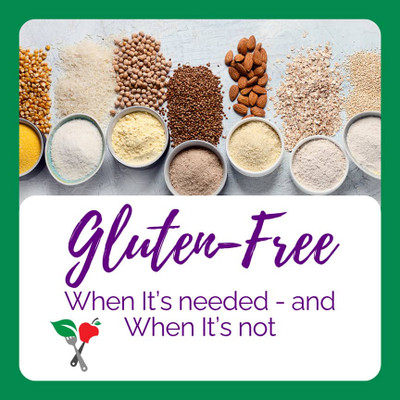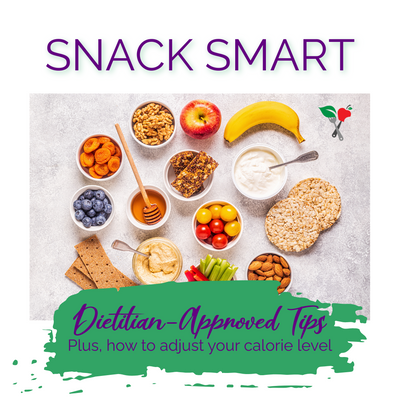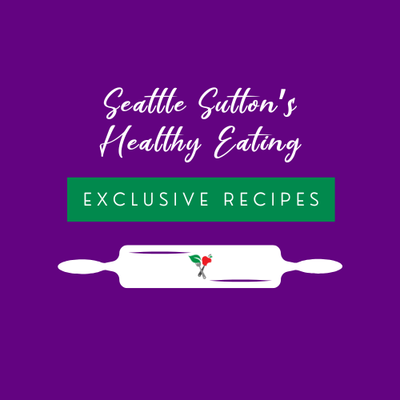How Food Affects Your Mood
A number of lifestyle factors can contribute to both bad moods and depression, but one that's often overlooked is your diet.
Lack of certain nutrients in the diet has been associated with depression, so it is important to eat an overall healthy diet on a daily basis. If we eat better foods like lean proteins, whole grains, fresh fruits and vegetables, and fish, we short-circuit the junk food cravings and have higher energy levels and sharper mental focus.
Can Your Diet Affect Your Mood?
Research is starting to focus on how species of gut flora can treat depression. In fact, a new term has been coined to describe these beneficial bacteria-psychobiotics. While there are a large number of probiotics in the system, only a small percentage are thought to have an impact on behavior.
These organisms in the gut are psychoactive and have potential benefit to those suffering from psychiatric illness. More and more studies are suggesting that there may be a very real link between probiotics, mood and the brain. This connection may have a lot to do with the psychobiotics ability to reduce inflammation, which has previously been linked with depression and a host of other disorders.
Including probiotics daily may be easier than you think. If you're interested in adding them to your routine, make sure your yogurt says that it contains "live and active" yogurt cultures, as most do. Regardless of their probiotic qualities, low-fat dairy products can be part of a healthy diet. Other items that naturally contain probiotics include kombucha, miso soup, pickles, tempeh and sauerkraut. Over time, you may find that your gut and your brain feel a difference.
Other foods have been shown to improve mood as well. These include:
Fatty Fish and Walnuts
When it comes to omega-3 fatty acids, no food source is better than fattyfish like tuna, mackerel, bluefish and salmon. These fats have specific brain-boosting properties to fight depression, and as an added bonus they improve circulation and reduce inflammation and your overall risk of heart disease.
If you are vegetarian or vegan, reach for the walnuts because they are the richest plant based sources of omega3 fatty acids.
Whole Grains
High-fiber carbohydrates found in whole grains can leave you feeling and do your body good at the same time. Whole grains, brown rice, oatmeal, sweet potatoes and whole-wheat pasta are all good choices since they assist the body with release of serotonin, the so-called “feel good” hormone.
Green Tea
Green tea is rich in the amino acid, theanine. This amino acid naturally found in tea leaves provides an anti-stress relaxation benefit to drinkers. Plus, green tea gives a boost of relaxed alertness rather than the boost of tension or anxiety that coffee drinkers report.
Turmeric
Turmeric is a bold spice that has been touted for its many health benefits. If you're feeling down, this bold spice found in many Indian and Asian curry dishes can help boost your mood. It's loaded with anti-inflammatory properties and contains the active compounds turmerones and curcuminods, which also provide a wide variety of health benefits.
Eating certain foods may not cure depression per se, but certain foods can give you a mood boost, plus and an overall healthy diet may help in the overall treatment of depression.
Looking for a great meal plan to not only help you meet your goals, but help you feel great and enhance your mood? Take a look at the great meal plans from Seattle Sutton that will leave you looking, and feeling, your best!








 Weight Loss
Weight Loss Health & Wellness
Health & Wellness Diabetes
Diabetes Heart Health
Heart Health Motherhood & Family
Motherhood & Family Dietary Restriction
Dietary Restriction Other Health Conditions
Other Health Conditions About SSHE
About SSHE


